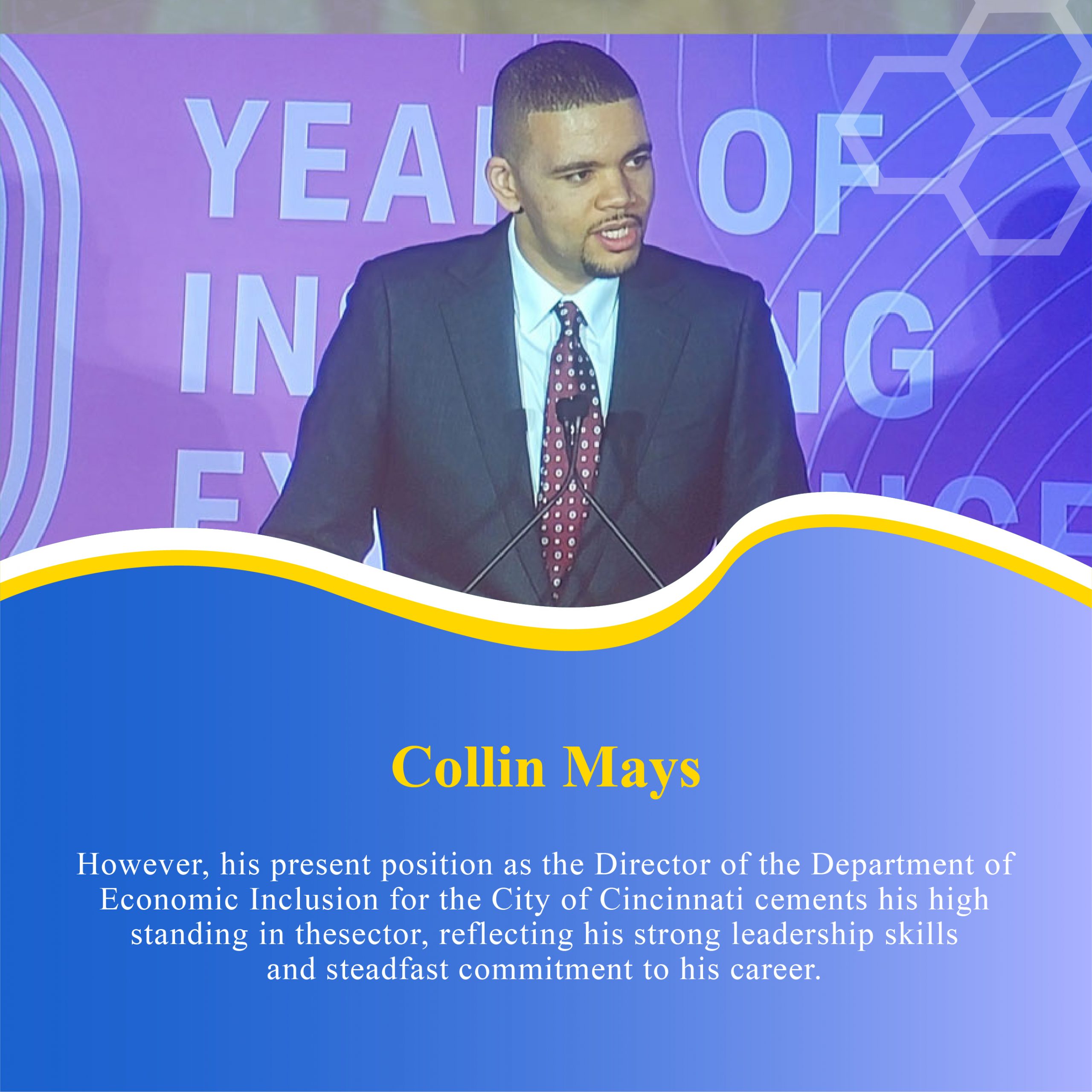
In today’s rapidly evolving business landscape, embracing change and fostering innovation is crucial. Top leaders like Jeff Bezos of Amazon and Elon Musk of Tesla have demonstrated that innovation isn’t just about having a groundbreaking idea and continuously adapting and improving. Bezos’s relentless focus on customer satisfaction and Musk’s ambitious ventures into space travel exemplify how embracing change can drive a company to new heights. For businesses, this means staying ahead of market trends, investing in research and development, and being willing to pivot when necessary.
Building a Resilient Company Culture
A strong company culture is the backbone of any successful business. Leaders like Satya Nadella of Microsoft have shown that a positive, inclusive culture can drive productivity and innovation. When Nadella took over as CEO, he shifted Microsoft’s culture from a competitive internal environment to one that values collaboration and learning. This cultural transformation has been a key factor in Microsoft’s resurgence. For businesses, fostering a resilient culture involves prioritizing employee well-being, promoting diversity and inclusion, and encouraging continuous learning and development.
Strategic Decision-Making
Effective leaders excel in strategic decision-making, which involves analyzing complex situations, weighing potential outcomes, and making informed choices. Warren Buffett, the CEO of Berkshire Hathaway, is renowned for his disciplined, long-term investment strategies. Buffett’s approach emphasizes the importance of thorough research, patience, and sticking to one’s principles. Businesses can learn from this by developing robust decision-making frameworks, leveraging data analytics, and ensuring decisions align with the company’s core values and objectives.
Leveraging Technology
In the digital age, leveraging technology is not optional but essential. Leaders like Sundar Pichai of Google have harnessed the power of technology to drive business growth and innovation. Pichai’s emphasis on artificial intelligence (AI) and machine learning has positioned Google as a leader in tech innovation. Businesses can follow suit by integrating technology into their operations through automation, data analytics, or digital marketing strategies. Embracing digital transformation can improve efficiency, provide better customer experiences, and create new revenue streams.
Risk Management and Mitigation
Risk management is a critical skill for business leaders. Indra Nooyi, the former CEO of PepsiCo, effectively managed risks by balancing the company’s product portfolio and investing in healthier options. Her proactive approach to potential market shifts ensured PepsiCo remained competitive. Businesses should develop comprehensive risk management strategies, including identifying potential risks, assessing their impact, and implementing mitigation measures. This approach helps navigate uncertainties and maintain stability.
Fostering Customer Loyalty
Building and maintaining customer loyalty is vital for long-term success. Howard Schultz of Starbucks transformed the coffee industry by focusing on the customer experience. Schultz’s vision extended beyond just selling coffee; he aimed to create a “third place” between home and work where people could relax and connect. This customer-centric approach has fostered strong loyalty and brand recognition. Businesses can learn from this by prioritizing customer satisfaction, creating personalized experiences, and consistently delivering high-quality products or services.
Leading with Integrity
Integrity is a hallmark of effective leadership. Leaders like Tim Cook of Apple have set a high standard for ethical business practices. Cook’s commitment to privacy, sustainability, and human rights has strengthened Apple’s reputation and trustworthiness. For businesses, leading with integrity involves transparency, accountability, and a commitment to ethical standards. This builds trust with customers and stakeholders and fosters a positive internal culture.
Continuous Learning and Adaptation
The business world is dynamic, and continuous learning is essential for staying relevant. Leaders such as Richard Branson of Virgin Group embody the spirit of lifelong learning and adaptability. Branson’s diverse ventures and willingness to explore new industries highlight the importance of openness to new ideas and experiences. Businesses can cultivate this mindset by encouraging professional development, staying informed about industry trends, and being open to feedback and new perspectives.
Effective Communication
Clear and effective communication is a cornerstone of successful leadership. Leaders like Oprah Winfrey have mastered the art of communication, using it to inspire, inform, and connect with people. Winfrey’s ability to convey her vision and engage her audience has been instrumental in her success. For businesses, effective communication involves conveying messages clearly and actively listening to employees, customers, and stakeholders. This fosters a collaborative environment and ensures everyone is aligned with the company’s goals.
Navigating business challenges requires a multifaceted approach that encompasses innovation, resilience, strategic decision-making, and ethical leadership. Businesses can adopt best practices that drive growth and success by learning from top leaders across various industries. Embracing change, fostering a positive culture, leveraging technology, managing risks, and maintaining customer loyalty are key elements in overcoming challenges and achieving long-term success.